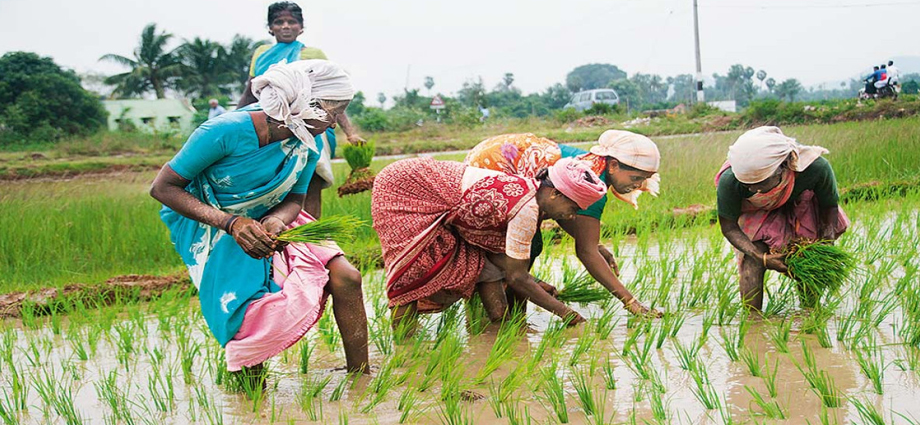
Indian agriculture is primarily dominated by small and marginal farmers who face several challenges that impede their productivity and growth. Here are five major problems faced by Indian farmers in agriculture:
- Land fragmentation: Indian agriculture is characterized by small and fragmented land holdings, which makes it difficult for farmers to adopt modern farming practices and technologies. Fragmentation also results in low economies of scale, low bargaining power, and limited access to credit, leading to low productivity and income.
- Irrigation: Irrigation is a critical factor for agriculture, particularly in regions with uncertain rainfall patterns. However, only about 46% of India’s agricultural land is irrigated, with the majority relying on rain-fed agriculture. Poor irrigation infrastructure, low efficiency, and groundwater depletion exacerbate the problem.
- Soil degradation: Indian farmers face several soil-related challenges, such as soil erosion, nutrient depletion, and declining soil health due to excessive use of chemical fertilizers and pesticides. This leads to reduced yields, increased costs, and long-term damage to soil fertility.
- Lack of access to credit and markets: Small and marginal farmers face significant challenges in accessing formal credit and markets due to limited collateral and poor financial literacy. This limits their ability to invest in modern inputs, technology, and infrastructure, and limits their bargaining power in the market.
- Climate change: Indian agriculture is particularly vulnerable to the impacts of climate change, such as unpredictable rainfall patterns, increased incidence of extreme weather events, and rising temperatures. These factors can cause crop failures, loss of livestock, and increased costs of production, affecting the livelihoods of millions of farmers.
In conclusion, Indian farmers face several challenges that affect their productivity, incomes, and livelihoods. Addressing these challenges requires a comprehensive and integrated approach that tackles issues such as land fragmentation, irrigation, soil degradation, access to credit and markets, and climate change, among others. Initiatives such as better irrigation infrastructure, promotion of sustainable agriculture, improved access to formal credit and markets, and climate-smart agriculture can help Indian farmers overcome these challenges and build a more resilient and sustainable agricultural system.